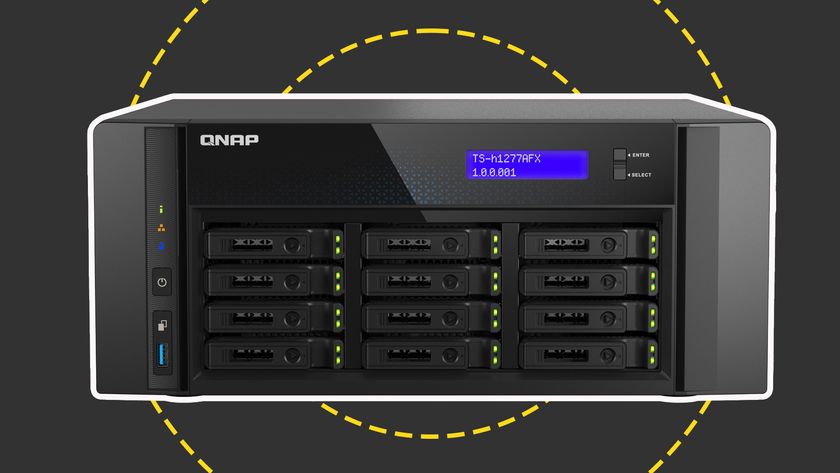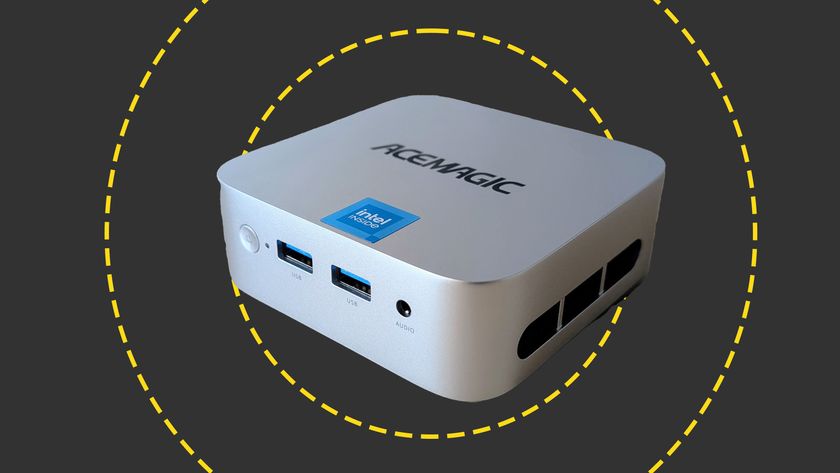Desktop OS tablets vs Mobile OS tablets
The popularity of tablets has exploded in the past 12 months, but is this due to the introduction of operating system suitability?
Microsoft's Windows 8 will be optimised for web and media, casual gaming, reading and organising email, IM and social networking. This is a list of features that will certainly be welcomed on a tablet.
Android is also set for change. Google itself admitted that none of the Android versions were optimised for tablet usage up to Android 2.3.
Android 3.0 Honeycomb, however, is and we can see this with the advanced browser, designed to support tabbed browsing and larger screens with its tweaked UI.
Even RIM is getting in on the action with its QNX-based tablet OS.
This will be implemented on the BlackBerry PlayBook and will offer a business tablet solution, taking many desktop OS features but with the fluid UI of a mobile OS in mind.
But Longbottom thinks this is the wrong way to go.
"I think that RIM may find that it has this one wrong, and that the Playbook gets steamrollered under the iPad, the Chrome, Android, Windows, Linux tablets that will be targeted directly at the user not at the business, which is having far less control than it used to have," he said.
Get the ITPro. daily newsletter
Sign up today and you will receive a free copy of our Focus Report 2025 - the leading guidance on AI, cybersecurity and other IT challenges as per 700+ senior executives
Tablet platforms should not be targeted at a specific audience, but should remain more open to appeal to everyone, whether a business user or consumer, he added.
Indeed, historically, it is believed that tablets failed because they didn't mirror the desktop functions.
"Someone would use a desktop PC and then use a different device while mobile, and if there were differences in the devices, managing documents, applications and so on was a big problem," said Longbottom.
"As the move towards a single device increases, it is far more about how well the device fits in to its surroundings making the best use of available networks."
Longbottom thinks device management and information security become far greater issues when talking tablets.
"Individual choice will mean that different devices will be in use, and the business has to be able to support these effectively," he concluded.

Clare is the founder of Blue Cactus Digital, a digital marketing company that helps ethical and sustainability-focused businesses grow their customer base.
Prior to becoming a marketer, Clare was a journalist, working at a range of mobile device-focused outlets including Know Your Mobile before moving into freelance life.
As a freelance writer, she drew on her expertise in mobility to write features and guides for ITPro, as well as regularly writing news stories on a wide range of topics.















